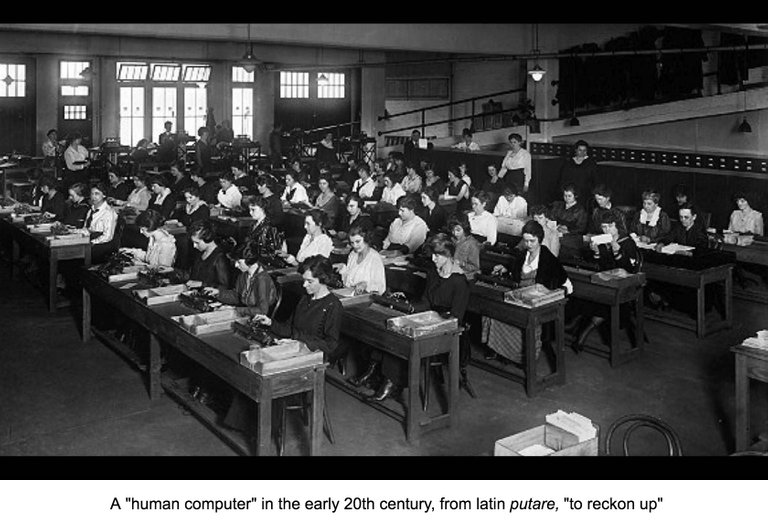The network-state society will operate on new types of rules, and uses mathematical consensus rather than ideology, and so has no government or voting for that. The nation-state as a "technology" has certain limitations, therefore, it comes to consensus through ideology, and network-states will not rely on that, since they use very different mechanics.
Network-state technology, which blockchains are early examples of, will be post-democracy, what Paul Emile de Puydt called Panarchy in 1860.
In general, these state 2.0 technologies are not backwards compatible, just like a Nintendo Wii could not play Nintendo 64 games, etc, or, how nation-states were not that backwards compatible with monarchies. Besides that, there is no need to integrate with older technology, such as government, ideology and voting for government, and similar things. Computers replaced "human computers" because they were better at processing information in that way, and in a similar way, network-state technology replaces nation-states (that employ politicians and lawyers), a very natural event.
Network-state technology such as blockchains is good checks and balances, just like the computer was better at computation than a "human computer", and is also incredibly formal (Latin formalis, from forma "a form, figure, shape", early 15c. as "in due or proper form, according to recognized form"), and they rely on mathematical consensus, so no need for AI for proofreading.

The proposition that cryptography can scale to billions of people within a single state
That cryptography works the way blockchain technology is based on that it does, has nothing to do with human traits such as discussion, since it is a technology. The way blockchains operate as "trust technologies" comes down to the proposition that cryptography can support a state with billions of people, if it can, then seems like it would work well.
I think such states should become to fruition through opt-out from regular nation states and eventual international recognition.
network-state technology replaces nation-state "technology", so no need for recognition just lika smart phone does not need to be recognized by a mobile phone
Amazing to see these technology articles,thanks a lot for sharing with us.
unlike the network state, the nation states operate in the physical world. as humans we are unable to opt-out the physical world, i.e. we require food, shelter and protection from harm in this environment.
Not really, the nation-state lives in human brain so it inherits biases, like territorial instincts, other then that the "map of the world" that it has is virtual, it keeps track of who owns what and so on, as a form of social tool.
i really don't care which i live in as long as i have means of requisitioning shelter, food and minimum security. if the network state can provide me with these basic physical requirements, i'm in. i just don't want to trade the nation state for some sort of militia